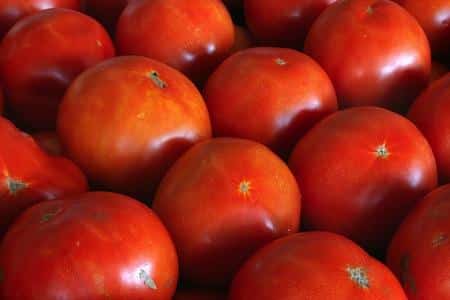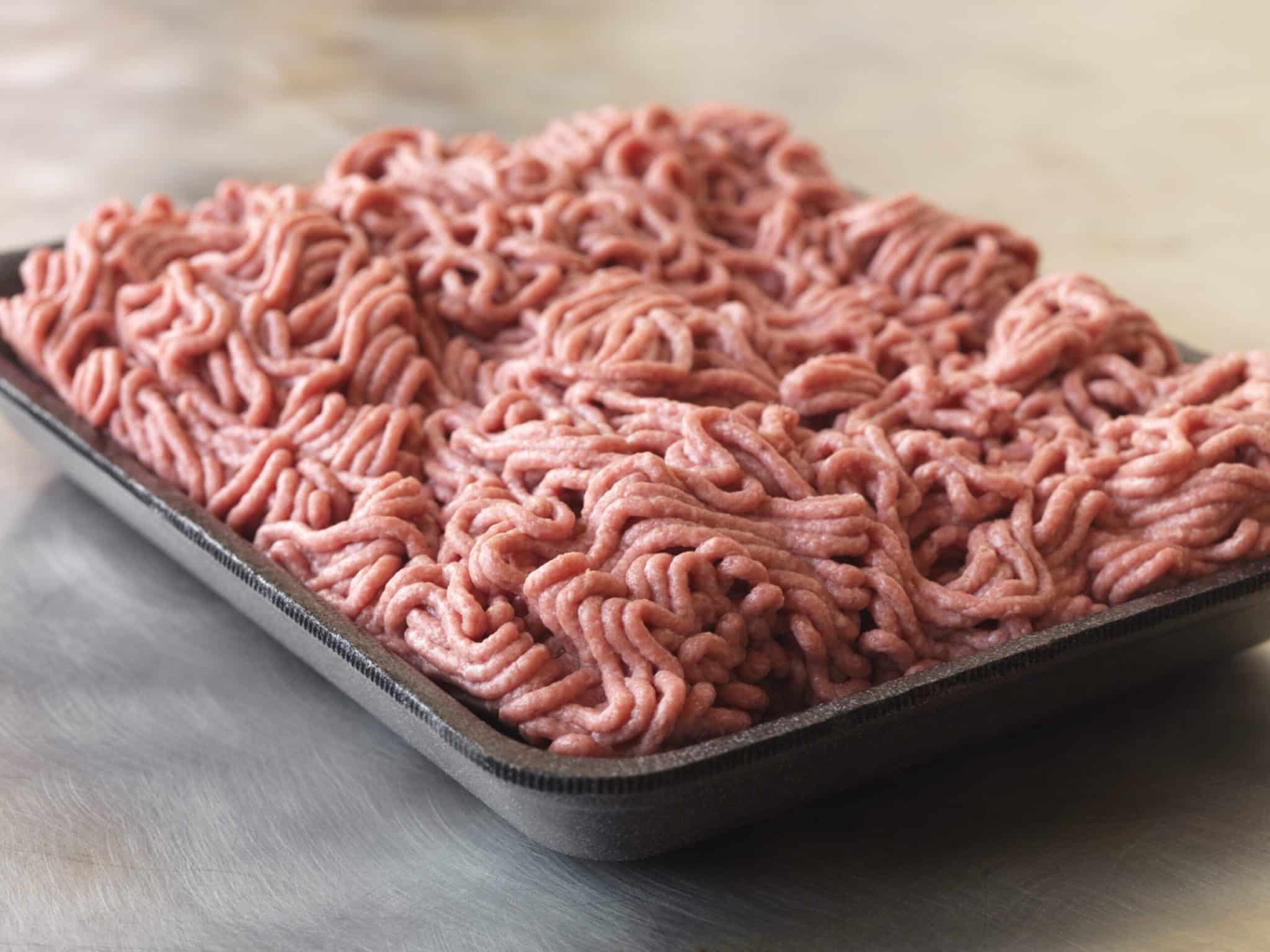The Researched Diet That Doubled Healthy Aging Odds
I found this new research interesting, though I’m not sure about diet alone as a sole indicator of life and happiness.
That said, as the global population gets older, the conversation around longevity is shifting from simply living longer to living better.
A groundbreaking 30-year study published in Nature Medicine reveals how your plate might be the most powerful tool in your fight for a healthier, happier old age.
The Study that Spanned Generations
This massive analysis followed over 105,000 U.S. health professionals… both women and men… from 1986 to 2016.
Using detailed dietary questionnaires, researchers evaluated how closely participants followed eight well-established dietary patterns, including the Mediterranean, DASH, and the Alternative Healthy Eating Index (AHEI), among others. They also tracked the consumption of ultra-processed foods.
But this wasn’t just about preventing disease. The researchers defined “healthy aging” more holistically… assessing cognitive sharpness, physical ability, emotional well-being, and being free of major chronic illnesses after age 70. In essence, it measured how well participants lived, not just how long.
AHEI: The Undisputed Champion
Of all the diets studied, the Alternative Healthy Eating Index (AHEI) came out on top. People in the highest AHEI adherence group were 86% more likely to age healthily by age 70, and those who made it to 75 had over double the odds of staying in good shape compared to those with the poorest diets.
What makes the AHEI special? It emphasizes fruits, vegetables, whole grains, unsaturated fats (like olive oil), nuts, legumes, and low-fat dairy… while limiting red and processed meats, trans fats, sodium, and sugary beverages. This combination supports not only physical health but also mental resilience and cognitive sharpness.
Other Diets Still
While AHEI led the pack, other diets like the Mediterranean (aMED), DASH, and Planetary Health Diet Index (PHDI) also significantly improved the odds of healthy aging. For example, those following the DASH diet—originally developed to lower blood pressure—were nearly 70% more likely to reach their later years in robust health.
Interestingly, a Plant-Based Diet (hPDI), often touted as the gold standard, had the weakest associations in this particular study, suggesting that the quality of plant-based foods… and the exclusion of beneficial animal products… matters more than initially thought.

What You Eat Really Matters
The study didn’t just stop at general patterns… it also zoomed in on specific foods. Those who ate more fruits, leafy greens, whole grains, legumes, and nuts scored higher on healthy aging outcomes across the board. Added unsaturated fats like olive oil and polyunsaturated fats also played a starring role.
In contrast, high intakes of red and processed meats, trans fats, sodium, and sugary drinks were consistently linked with poorer outcomes. One standout villain? Ultra-processed foods. Those with the highest UPF consumption were 32% less likely to age healthily, highlighting the importance of whole, minimally processed ingredients.
The Diet-Health Connection is Strong—and Personal
What makes these findings even more compelling is their consistency across a wide range of people and lifestyles.
The benefits of healthy eating held true across sexes, socioeconomic backgrounds, BMI categories, and even smoking status. Interestingly, the associations were even stronger in women and people who were less physically active or had higher BMIs… groups that often face greater aging-related health challenges.
In other words, diet may be one of the most accessible, modifiable factors for promoting long-term health across the population.
The Holistic Aging Model
This study embraced the World Health Organization’s modern definition of healthy aging—not just the absence of disease, but maintaining functional ability, autonomy, and quality of life. (Remember, the World Health Organizationstill wants you heavily vaccinated. In my opinion, this reference doesn’t help the credibility of the study.)
Diets were linked not only to preventing chronic conditions like heart disease and diabetes but also to preserving cognitive function, emotional stability, and mobility… the very things that define a vibrant, fulfilling old age.
Implications for You
This isn’t about perfection. Even moderate adherence to the top-scoring diets led to significant benefits. The takeaway? Small, sustained changes… like adding some olive oil, eating more vegetables, or cutting down on soda… can have a big impact over decades.
The Research Verdict
After three decades of data and tens of thousands of lives, the message is loud and clear: Eat better, age better.
My Two Cents:
Now, my own family, German and English farmers, ate a lot of butter and red meat. But not just that, a lot of sausages and a whole lot of tallow, but also fresh vegetables right out of the garden. Further, the amount of fermented foods like sauerkraut consumed was through the roof! What they absolutely didn’t eat … was processed foods or Big Ag seed oils.
These folks also worked hard and produced a lot of sweat every day but Sunday. (Resting your body and your mind one day a week is underrated.) Without exception, my ancestors lived through epidemics, pandemics, and the like. They fought in wars. They played cards, laughed a lot, and drank some alcohol daily. Most lived well into their nineties, with many still driving cars and tractors when they were over one hundred.
Interestingly, too, the men in my family generally lived as long as the women. Hardly a study, but hopefully some lessons there too.









